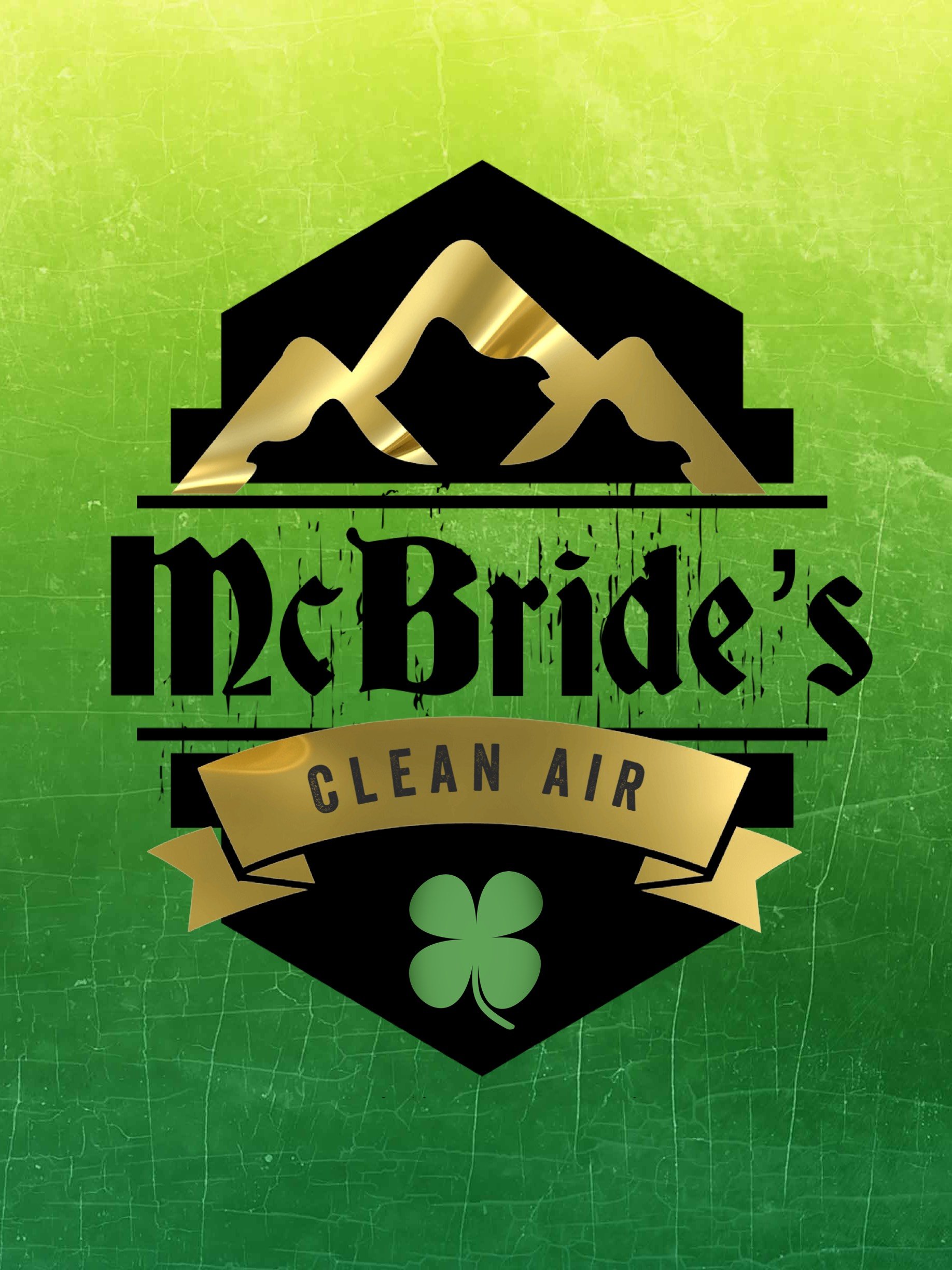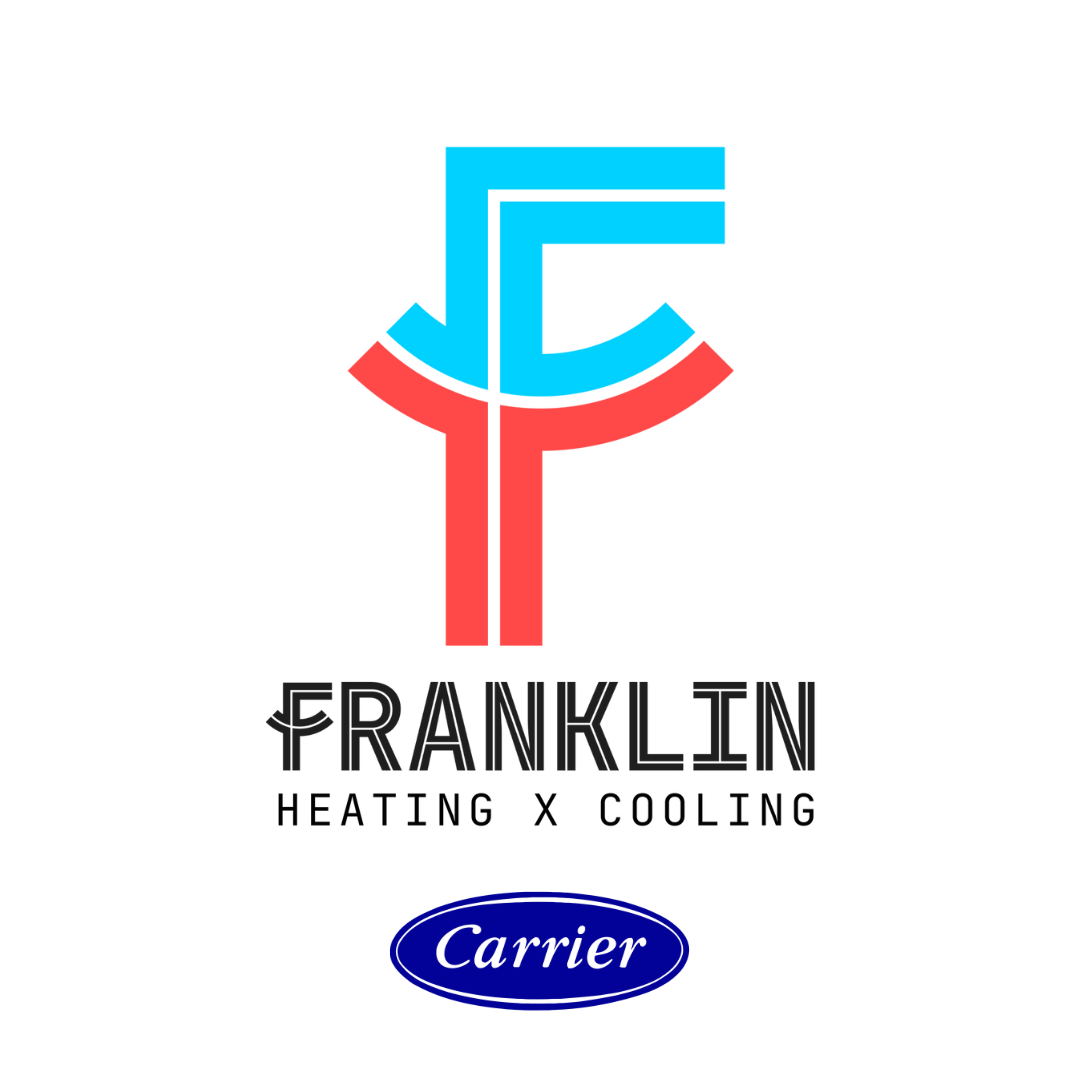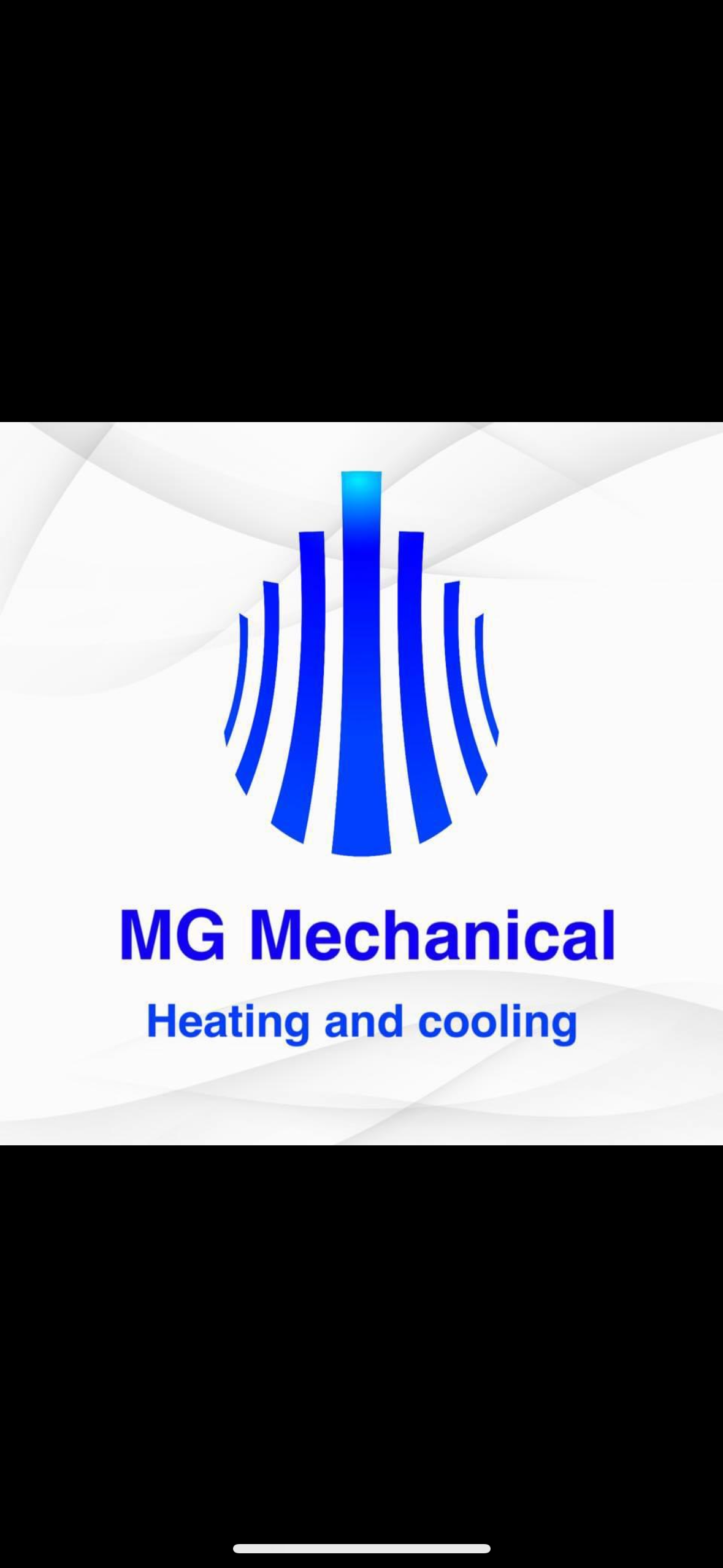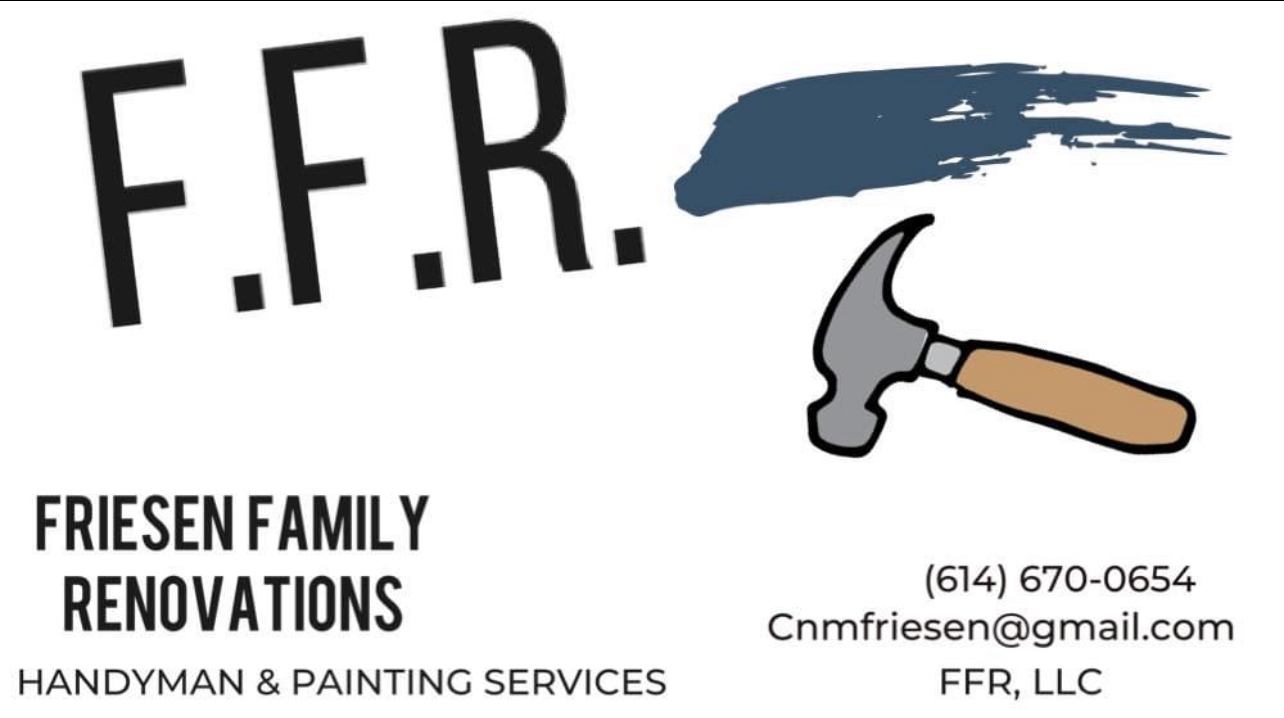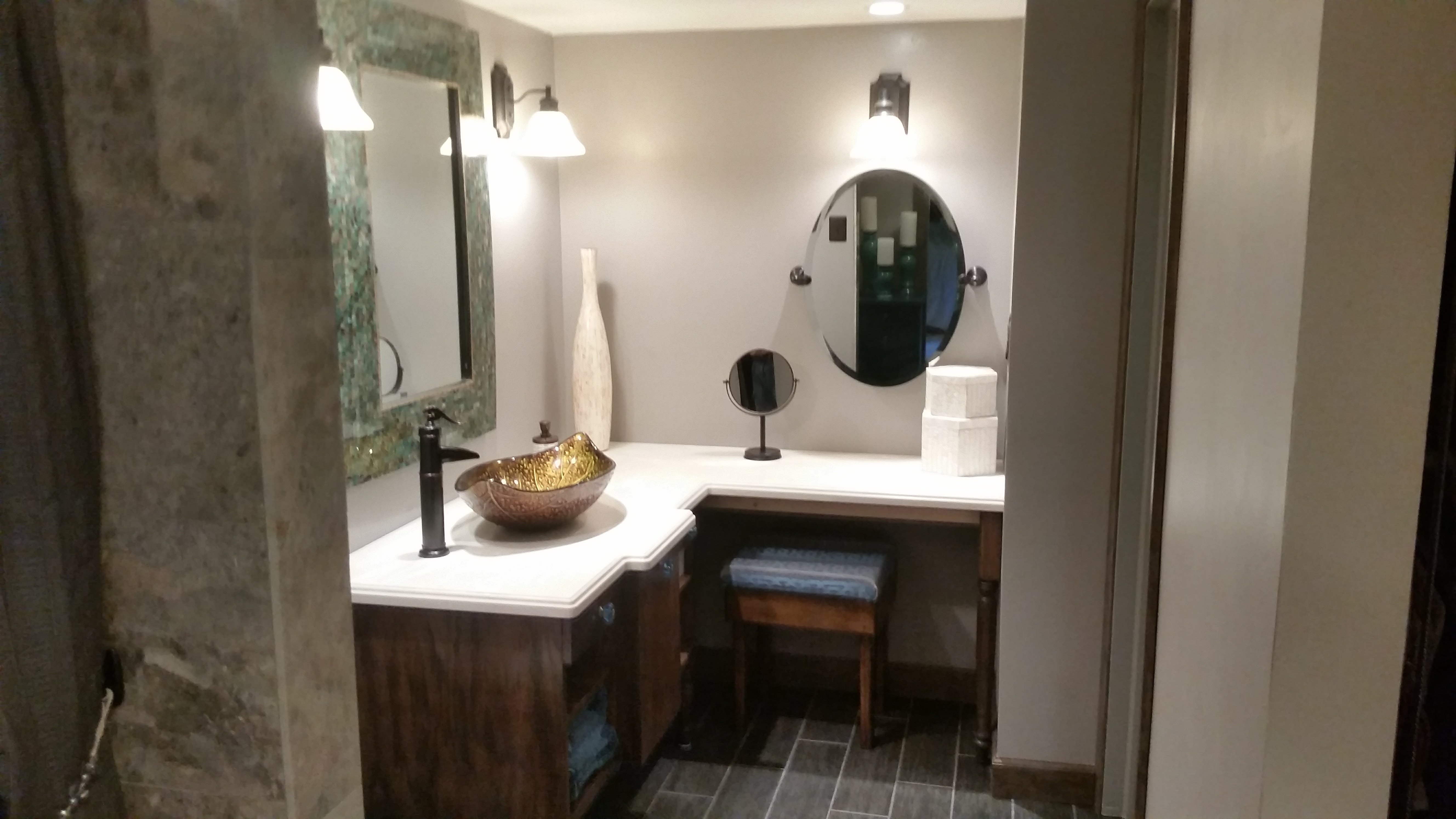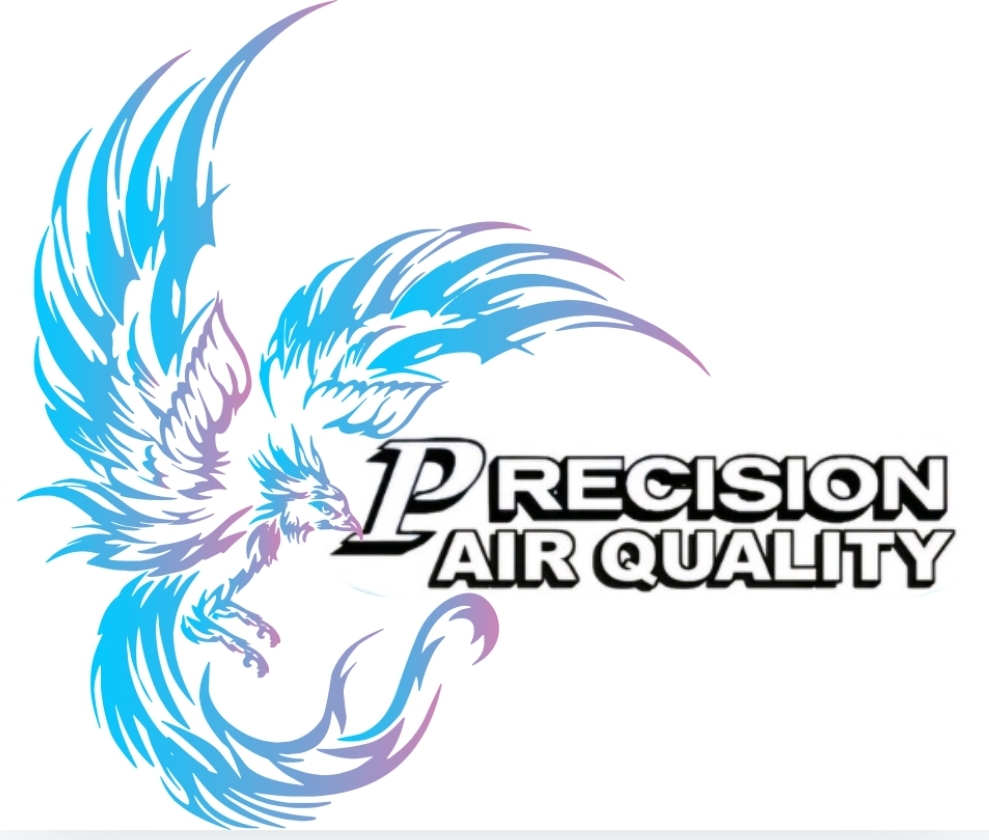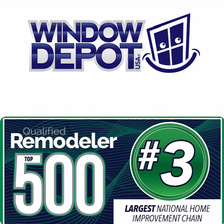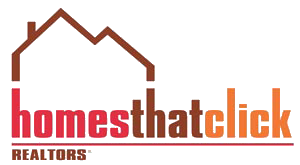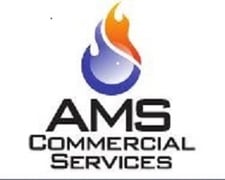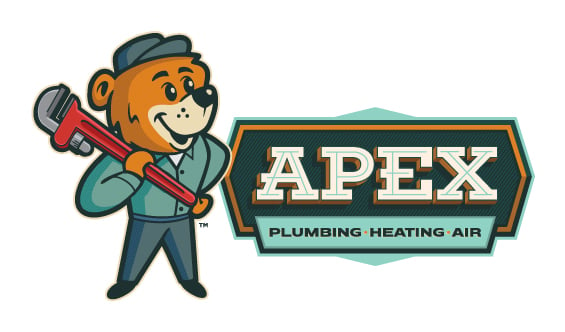
Apex Plumbing, Heating and Air Pros
Apex Plumbing, Heating and Air Pros
We pride our company on reliability, great communication, integrity, and quality work. We are experts in our trade, and will do our best to keep you as educated as we can on your particular task or project. We look forward to earing your business! Book with us online or feel free to give us a call today.
"Prompt and efficient. "
Paul H on December 2025
We pride our company on reliability, great communication, integrity, and quality work. We are experts in our trade, and will do our best to keep you as educated as we can on your particular task or project. We look forward to earing your business! Book with us online or feel free to give us a call today.
"Prompt and efficient. "
Paul H on December 2025



